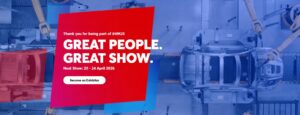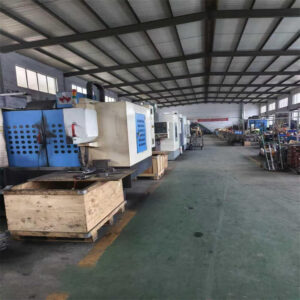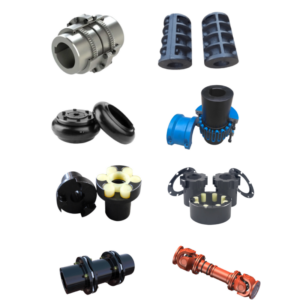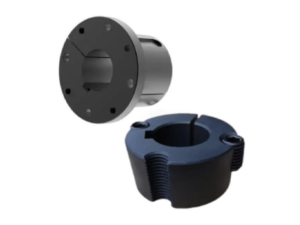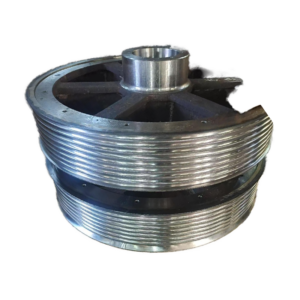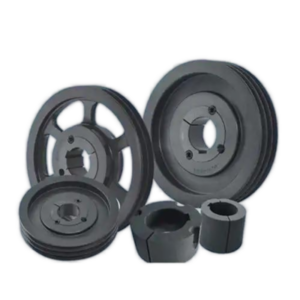The Hannover Messe (Hannover Fair), held annually in Hannover, Germany, is one of the world’s most influential trade fairs for industrial technology, innovation, and digital transformation. Since its inception in 1947, it has evolved into a cornerstone event shaping global industrial trends, fostering international collaboration, and driving economic growth. Below are key aspects of its far-reaching influence:
1. Epicenter of Industrial Advancement
As the world’s largest industrial technology exhibition, Hannover Messe attracts over 5,000 exhibitors and 200,000 visitors from nearly 100 countries annually. It serves as a showcase for cutting-edge innovations in automation, robotics, energy systems, artificial intelligence (AI), and Industry 4.0 solutions. Major corporations like Siemens, Bosch, and IBM, alongside startups and SMEs, utilize the platform to launch groundbreaking products and forge partnerships.
2. Economic Catalyst
The fair generates significant economic impact, both locally and globally. It contributes over €3 billion annually to Germany’s economy through tourism, logistics, and business deals. For exhibitors and attendees, the event facilitates billions of euros in contracts, joint ventures, and R&D collaborations, accelerating the adoption of new technologies across industries.
3. Global Networking Hub
Hannover Messe transcends borders, acting as a bridge between markets. It features dedicated country partnerships each year (e.g., Indonesia in 2023, Canada in 2024), highlighting international cooperation in trade and innovation. Political leaders, including German Chancellors and heads of state, often attend to underscore the fair’s strategic importance in global industrial policy.
4. Driver of Sustainability and Digitalization
The fair is a trailblazer in promoting sustainable industrial practices and digital transformation. Themes like carbon-neutral production, renewable energy integration, and smart manufacturing dominate its agenda. For instance, the 2023 edition emphasized hydrogen technology and circular economy solutions, aligning with global climate goals.
5. Trendsetting and Knowledge Sharing
Hannover Messe sets the tone for future industrial trends through its conferences, forums, and expert panels. Events like the “Industrial Pioneers Summit” and “Digital Ecosystems” sessions provide insights into AI, IoT, and cybersecurity, empowering businesses to stay ahead in a rapidly evolving landscape.
6. Legacy and Adaptability
Originally established to revive Germany’s post-war economy, the fair has continuously reinvented itself. Its ability to adapt—such as pivoting to hybrid formats during the COVID-19 pandemic—ensures its relevance as a resilient, future-oriented platform.
Conclusion
The Hannover Messe’s influence extends far beyond its exhibition halls. It is a vital engine for global industrial progress, a meeting point for thought leaders, and a testament to the power of innovation-driven collaboration. By connecting technology, business, and policy, it remains indispensable in shaping a sustainable and interconnected industrial future.

